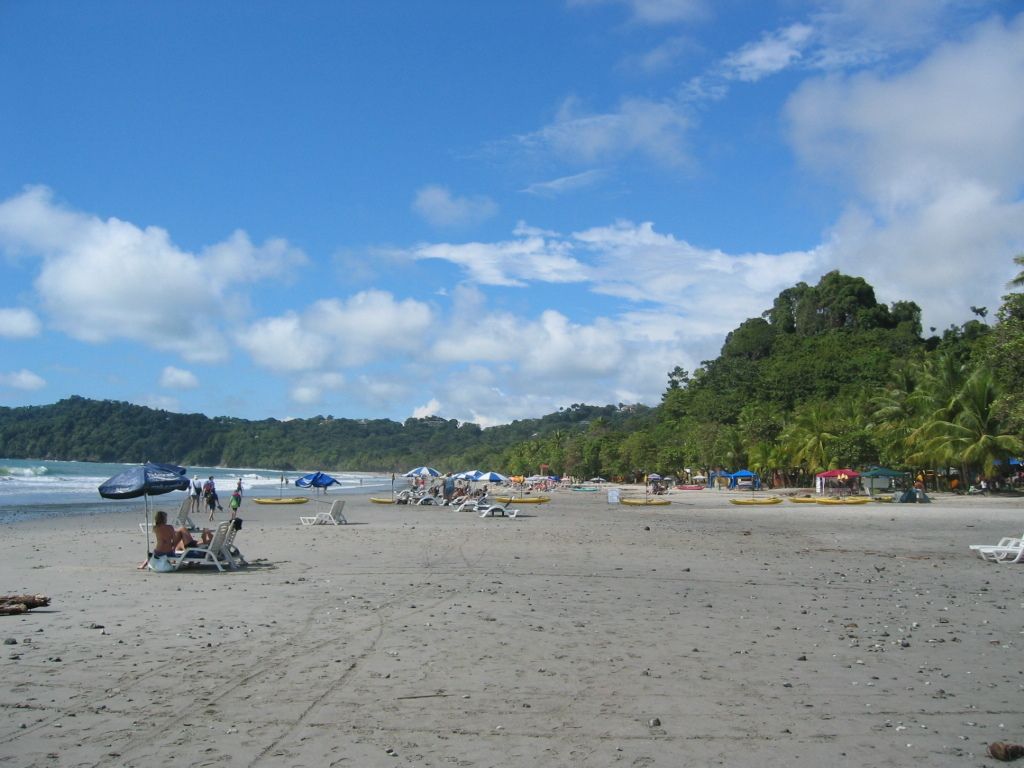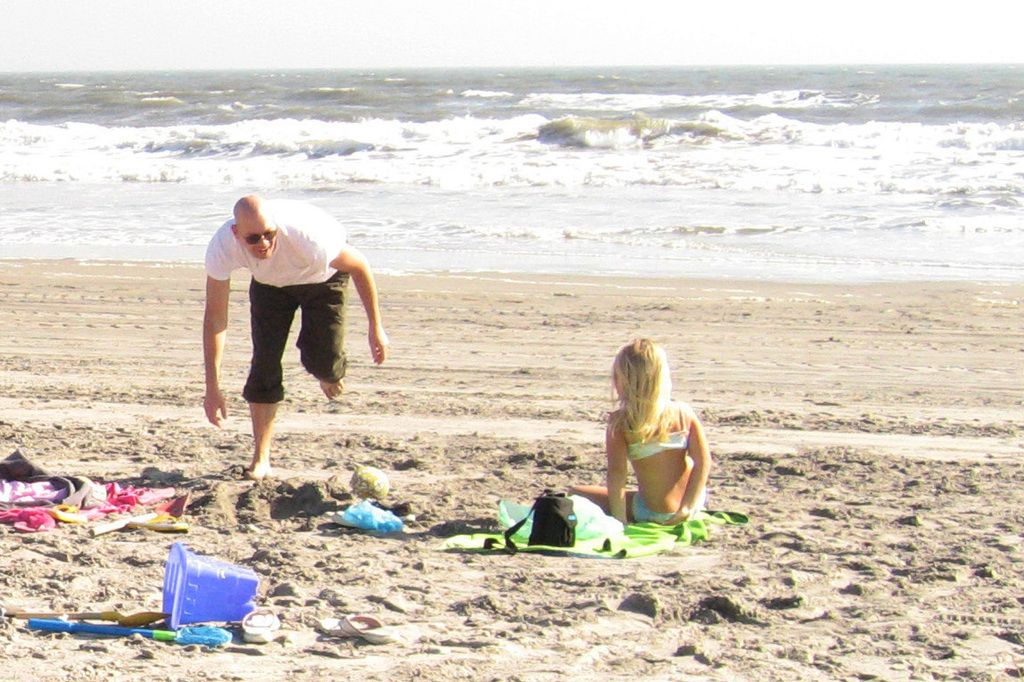Heatwave Survival for Modern Living
Thriving in Severe Heat: Crucial Advice and Techniques for Endurance
In this information age, remaining resilient during heatwaves requires careful planning and execution of both personal and community strategies. To survive urban heatwaves, follow these effective measures:
Personal Measures
- Hydrate Consistently: Drink plenty of water throughout the day; carry a reusable water bottle for easy access on-the-go. Hydration is vital to combat the heat's effect on your body.
- Timed Outdoor Activities: Plan outdoor activities for the early morning or late evening to avoid the sun's peak hours.
- Dress Lightly: Wear lightweight, breathable clothing in light colors, and use hats, sunglasses, and sunscreen while outdoors to protect yourself from the harsh rays.
- Cooling Devices: Utilize personal fans or portable air conditioners to create a comfortable indoor environment during hot spells.
Community Strategies
- Urban Greening: Incorporate parks, gardens, and green roofs within urban landscapes to reduce the Urban Heat Island effect, providing a cooler, more relaxing environment for residents.
- Cooling Infrastructure: Introduce cooling systems like misting areas and installing reflective pavements to lower surface temperatures and promote heat dissipation.
- Heat Alert Systems: Develop real-time heat warning methods that disseminate alerts to the public, ensuring people are prepared for heatwaves.
- Heat Action Plans: Establish comprehensive plans for heatwave response, including funding for building green spaces, implementing energy-efficient infrastructure, and building cooling centers.
- Support for Vulnerable Populations: Foster care for the elderly, children, and individuals with health issues during heatwaves, offering specific resources and aid to those most at risk.
By implementing a mix of these measures, communities can brace themselves for the challenges brought on by heatwaves and thrive even in the hottest conditions.
[1] Mayo Clinic
[2] World Health Organization
[3] Environmental and Energy Study Institute
[4] Urban Green Council
[5] Health and Environment Alliance
- In the realm of health-and-wellness, resilience pertains to our ability to adapt and recover from heatwaves, necessitating both personal and community preparation.
- To ensure a steady water supply during power blackouts, it's essential to have water storage containers and filtration tools at home.
- For urban survival during heatwaves, investing in outdoor gear like lightweight, breathable clothing, hats, sunglasses, and sunscreen is imperative for protection.
- As climate-change exacerbates extreme weather patterns, urban survival skills and training for heatwaves are increasingly crucial.
- In an effort to combat the effects of climate-change and environmental-science, the implementation of urban greening initiatives, such as parks, gardens, and green roofs, can help in reducing the urban heat island effect.
- A crucial aspect of personal measures for heatwave survival is proper nutrition, ensuring adequate supplies of food and meals to maintain health and energy levels.
- Navigation tools and maps are important for planning evacuation routes in case of extreme heat emergencies, ensuring a safe passage for individuals and families.
- With the rising threat posed by heatwaves, it's essential to remain informed through reliable sources like the Mayo Clinic, the World Health Organization, and the Environmental and Energy Study Institute.
- To counteract the effects of heatwaves on vulnerable populations, such as the elderly, children, and those with health issues, it's important to provide access to cooling centers, resources, and aid.
- To further promote heatwave preparedness, cities can adopt heat action plans, which may include funding for building green spaces, implementing energy-efficient infrastructure, and developing real-time heat alert systems.
- Reflective pavements and misting areas can also be instrumental in a community's response to heatwaves, as they work to lower surface temperatures and facilitate heat dissipation.




